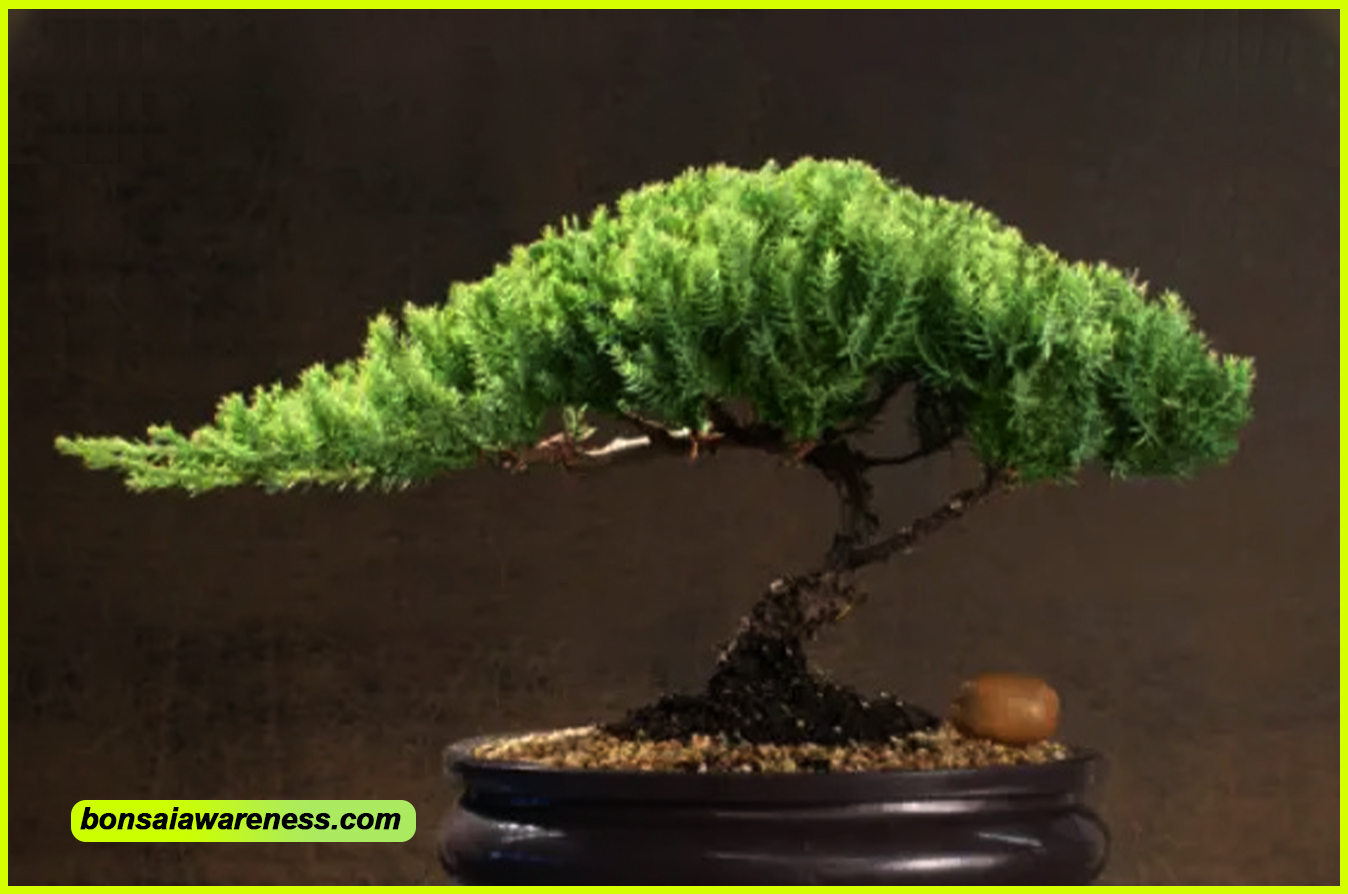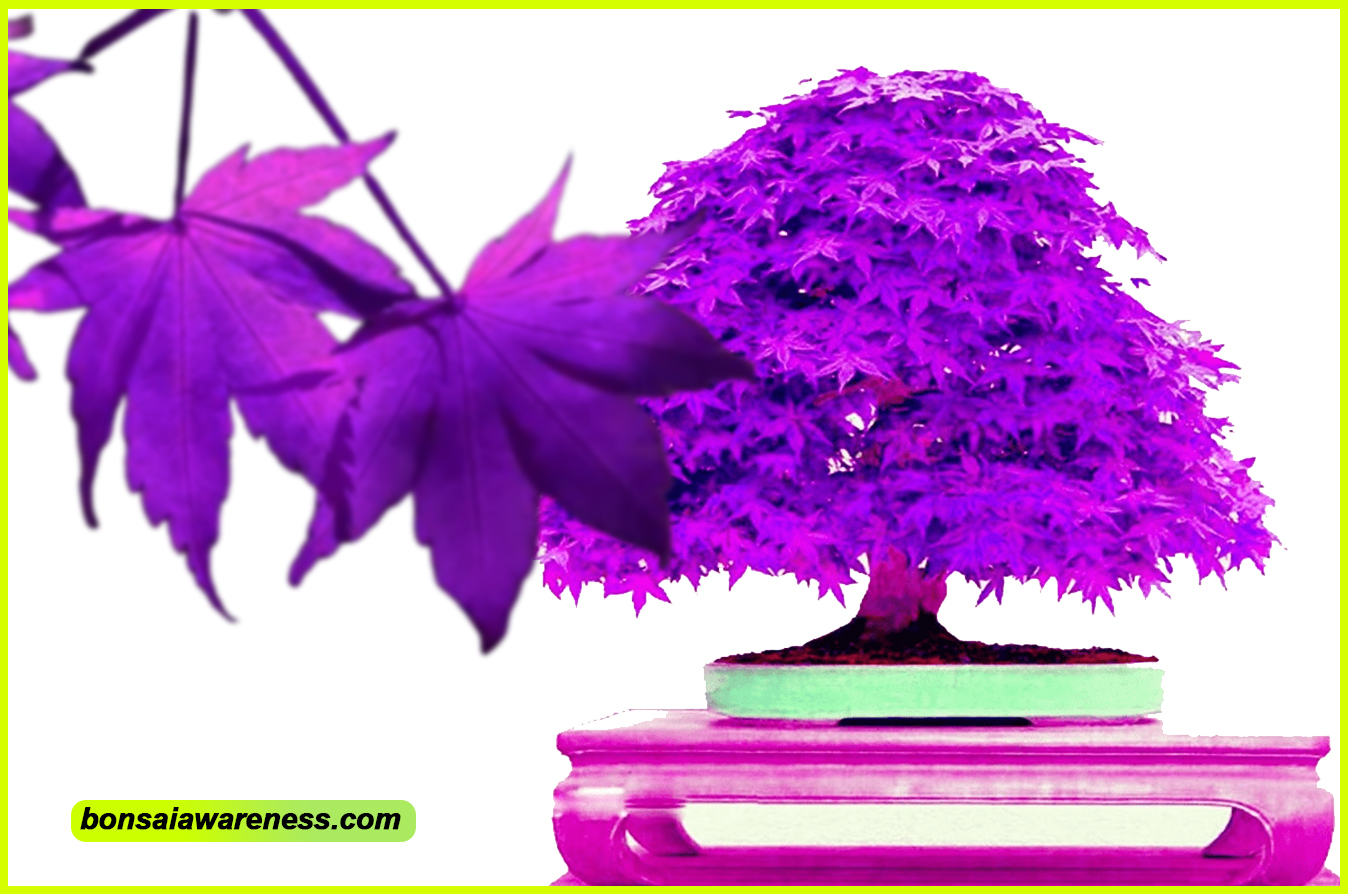Yes, bonsai trees can survive winter if they are properly cared for and protected. Bonsai trees, known for their delicate beauty and intricate form, require specific care to survive harsh winter conditions.
To ensure their survival during the cold months, it is essential to provide them with adequate protection from freezing temperatures, excessive moisture, and strong winds. This can be achieved by placing the bonsai in a sheltered area, such as a garage or shed, where temperatures remain above freezing.
Additionally, providing a layer of mulch or covering the pot with an insulating material can further protect the roots from freezing. Regular monitoring of moisture levels and adjusting watering accordingly is crucial to prevent overwatering or drying out. By following these guidelines, bonsai trees can successfully weather the winter and thrive for years to come.
Understanding Bonsai Trees
Bonsai trees are miniature trees that are grown in containers through careful cultivation and care. These trees are not genetically altered but rather shaped and pruned to mimic mature trees found in nature.
Bonsai cultivation involves a combination of artistic techniques and horticultural practices. The aim is to create a tree that appears old and weathered, despite its smaller size. Each bonsai tree has a distinct character and style, reflecting the creativity and vision of the grower.
The cultivation of bonsai trees requires attention to several key factors. Adequate sunlight exposure, proper watering, and regular pruning are essential for the health and growth of these trees. Bonsai trees also need protection during extreme weather conditions, including winter.
During winter, it is crucial to protect bonsai trees from freezing temperatures and excessive moisture. Providing insulation, such as wrapping the tree’s pot and roots in burlap, helps shield the tree from temperature changes and potential frost damage.
Additionally, placing the bonsai tree in a cool but sheltered location, such as an unheated garage or greenhouse, can provide further protection from winter elements.
By understanding the unique needs of bonsai trees and implementing proper care, it is possible for these miniature trees to survive winter and thrive throughout the year.
Bonsai Trees And Winter
During winter, bonsai trees enter a state of dormancy, which is a natural and necessary process for their survival. The dormancy period allows these trees to conserve energy and protect themselves from the harsh winter conditions. However, it is important to provide proper winter protection measures to ensure their well-being.
One crucial step in protecting bonsai trees during winter is to provide insulation. This can be achieved by wrapping the tree in burlap or using a specialized bonsai winter protection cover. These covers provide a layer of insulation that helps regulate the temperature around the tree, preventing it from freezing.
In addition to insulation, it is important to keep bonsai trees hydrated during winter. While they may require less water compared to other seasons, it is still essential to check their moisture levels regularly. This can be done by gently inserting a finger into the soil, ensuring that it is not completely dry.
Furthermore, it is advisable to place bonsai trees in a sheltered location during winter, away from strong winds and extreme temperature fluctuations. This helps minimize stress on the tree and reduces the risk of damage.
In conclusion, with proper winter protection measures, bonsai trees can indeed survive and thrive during the colder months. By understanding their dormancy period and implementing the necessary steps to protect them, bonsai enthusiasts can enjoy the beauty and tranquility of these miniature trees throughout the year.
Preparing Bonsai Trees For Winter
In order to ensure the survival of your bonsai trees during the winter months, there are a few key steps you need to take. Pruning and repotting are essential tasks to undertake before winter arrives. This helps remove any dead or weak branches and provides the trees with necessary nutrients. Insulating and sheltering your bonsai trees is also crucial. You can use mulch or wrap the pots with bubble wrap to protect them from freezing temperatures. Additionally, watering and humidity levels should be closely monitored. While you don’t want the soil to be completely dry, you should also avoid overwatering, as this can lead to root rot. Regularly check the moisture levels and adjust accordingly. By taking these steps, you can ensure that your bonsai trees have the best chance of surviving winter.
Common Winter Problems For Bonsai Trees
Bonsai trees require special care during winter to survive the harsh conditions. Cold damage is one of the most common issues that bonsai owners face. Freezing temperatures can cause frostbite on the tree’s delicate branches and foliage. To prevent this, it is crucial to provide adequate protection by providing insulation and wrapping the bonsai in burlap or frost blankets. Pest infestations are another problem during winter. Pests like aphids and spider mites tend to proliferate in warm and dry indoor environments, which can significantly damage the bonsai. Regularly inspecting the tree and treating any infestations with appropriate insecticides or natural remedies can help keep pests at bay.
Tips For Overwintering Bonsai Trees
Choosing an Appropriate Location: During winter, it is essential to find a suitable area for your bonsai trees to ensure their survival. Look for a sheltered spot that offers protection from harsh winds and extreme temperature fluctuations. An area with partial shade can also be beneficial, preventing excessive sunlight exposure.
Using Mulch and Protective Coverings: Applying a layer of mulch around the base of your bonsai trees can help regulate soil temperature and provide insulation. Organic materials, such as straw or pine needles, work well for this purpose. Additionally, consider using protective coverings like burlap or frost blankets to shield your trees from freezing temperatures and frost.
Remember to regularly monitor your bonsai trees, especially during winter, to ensure they are adequately protected. By following these tips, you can increase their chances of survival and enjoy their beauty throughout the year.
Frequently Asked Questions For Can Bonsai Trees Survive Winter
Can Bonsai Trees Survive Winter?
Yes, bonsai trees can survive winter if they are provided with proper care and protection. During winter, it is important to place the bonsai tree in a cool location with indirect light and maintain appropriate watering, humidity, and temperature levels.
Additionally, providing insulation and protecting against frost is crucial to protect the tree from extreme cold conditions.
Conclusion
It is possible for bonsai trees to survive winter with proper care and attention. By ensuring appropriate watering, protection from extreme temperatures, and providing adequate light, bonsai enthusiasts can help their trees thrive during the colder months. Remember to regularly check for signs of stress or damage and take proactive measures to address any issues that arise.
With patience and diligence, you can enjoy the beauty of your bonsai all year round.


Leave a Reply